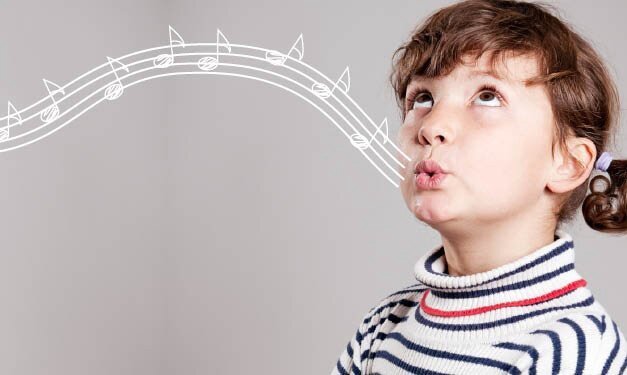Moving Past Our Preferences
I have a colleague who whistles at work. Distinctly, I remember the first time I heard them whistle. I thought to myself: “Wow, they are good — I recognize that song — but, goodness, I do not prefer whistling.” The moment passed quickly, but when I heard my colleague whistling a week later, my ears piqued instantly. You see, I don’t see anything wrong with whistling inherently, but I do wonder about whistling at work. The third time I experienced my colleague’s whistling I decided to think more deeply about it: What would it mean for me to appreciate and understand my colleague’s whistling, though I don’t prefer it? With more reflection, I realized that my colleague’s whistling is no different than any person demonstrating or existing in some form of difference in the workplace. Everyone has had an experience at work where someone has spoke, behaved, or showed up in a way that we do not prefer. In these circumstances, we become annoyed without thinking deeply or harnessing appreciation.
I decided to ask my colleague what whistling meant to them. I asked a couple of questions: How long have you been whistling? What does whistling mean to you? I tried to approach the conversation with care, emphasizing that there is not negative impact from the whistling on me. Rather, I noticed the whistling and wondered about whistling at work. What I learned was incredible. For my colleague, whistling focuses them, enabling them to be productive. They couldn’t remember when exactly they started whistling, possibly after their father passed away. I learned that whistling offers them connection to their past and to the work they need to complete. Our conversation extended to related topics like: being adaptable in the workplace, meeting each other’s needs, and distinguishing preferences from must-haves at work. At the end, I checked in with my colleague to ensure that the conversation was had in an agreeable manner.
The challenge in diversifying our organizations is that they were designed with a few kinds of people in mind, and then we hire replicating the original design. Further, we build culture, systems, and ways of being on this original design. In this design for sameness, it is easy to blame someone for their difference, and it’s through this very system that we haven’t developed any skill to be with and engage our differences. Our response is: “No one here whistles, this can’t be.” We have no way to appreciate difference because, to us, it shouldn’t actually exist. However, difference does exist, and it requires understanding. On the other side of difference is learning that may, in fact, inform, shape, and impact how we engage difference.
The deeper work, though, is coming to an understanding of what has shaped our preferences: preferences are not benign nor individually constructed. For instance, I find whistling slightly distracting, and I associate it with leisure, not work. Like blowing bubbles with gum as a kid, whistling was a behavior that teachers, parents, and adults did not favor. Each of us arrives at our preferences through a process of mutual construction and socialization. And particularly for educators, there is room to think about which behaviors of our colleagues or students we prefer, or do not prefer. Do we know what these behaviors mean to them? Have we interrogated for ourselves how we came to that preference? Answers to these questions help us to more concretely understand how we engage difference, rather than merely seeking to always have our preferences met.
Domonic Rollins
Author’s note: This piece has been adapted and updated from its original format published by the Harvard Graduate School of Education. [https://medium.com/@harvardeducation/but-we-must-do-it-a-new-way-5e216f3e7007]

